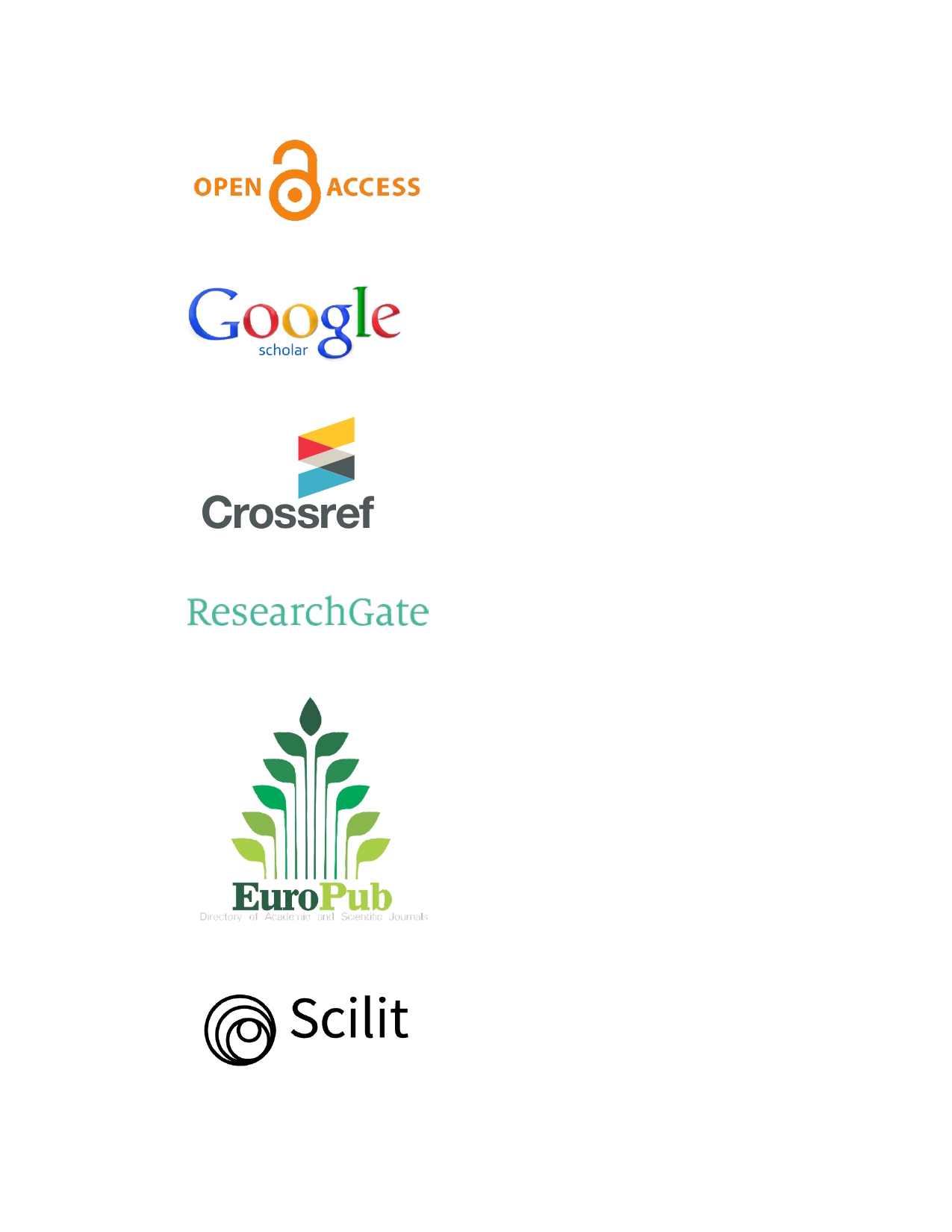Anita Desai’s Fasting, Feasting as a Direct Threat to the Indian Sub-continental Patriarchal Societal Structures: A Feminist Exploration
DOI:
https://doi.org/10.63002/assm.25.470Keywords:
autonomy, feminism, male-chauvinism, misogyny, patriarchy, threatAbstract
A close and attentive perusal of the works by Anita Desai, one of the renowned India-born Diasporas, will show that the novelist has expressed her long-smothered outburst for the autonomy of the female of the society she lives in. And with a view to reaching her goal, she has sarcastically criticized the social norms, values, superstitious principles laid down on the females by the male members of the society. In her famous novel Fasting, Feasting, Uma—the protagonist—is treated as a maid servant of the family of which she is a member. She is forbidden to carry on her studies after her only brother 'Arun' – the so- called light (prodip) of the family— is born, asked to provide her mother with all types of aids she needs to bring up the child (the son). Anamika, another female character who gets a scholarship to pursue her study at Oxford University, is not allowed to go for higher study; rather she is forced to get married with an elderly man. She was indescribably persecuted by her husband and mother-in-law, and compelled to go for hysterectomy. Finally, Anamika is burned alive but nobody knows the reason. So, the condition of women of the society Anita Desai lives in is so deplorable that it surpasses the condition of women of the Dark Age just before the advent ofProphet Mohammed (peace be upon him). Thus, the present study, besides spotlighting on how Anita Desai has delineated all these incidents picturesquely in her novel, will also show how the novelist has sarcastically denunciated the patriarchal societal structures and threatened them. The research has been carried out from feminist point of view. Both primary as well as secondary sources have been explored in order to give this work a complete shape.
Downloads
Published
How to Cite
Issue
Section
License
Copyright (c) 2024 Mohammad Mozammel Haque

This work is licensed under a Creative Commons Attribution 4.0 International License.






